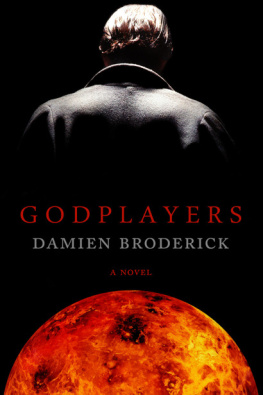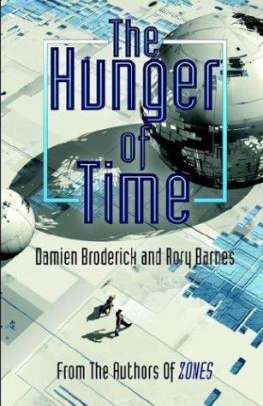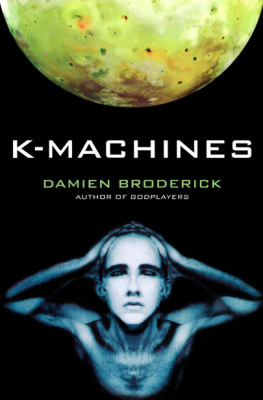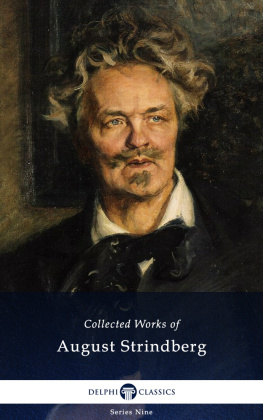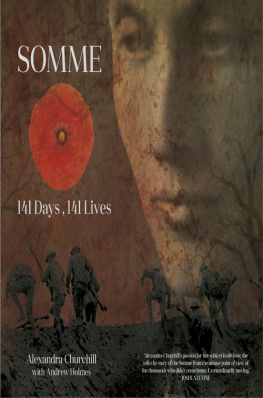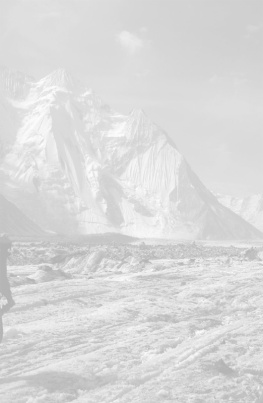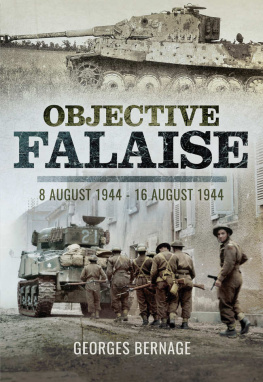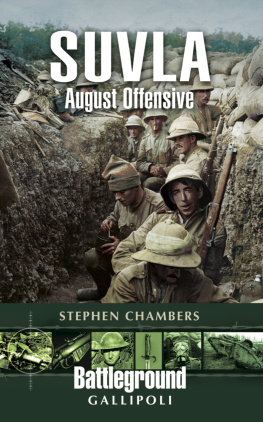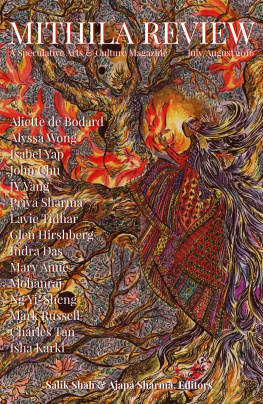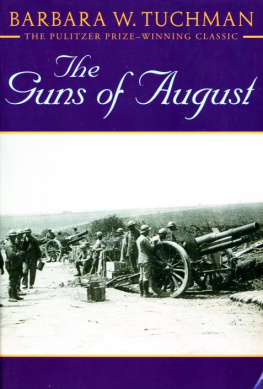GODPLAYERS 01
GODPLAYERS
Damien Broderick
PROLOGUE
There's a world I know where the women are a head taller than the men, and file their ferocious teeth to points. The men are just as fierce.
A different world, yet the same, another earth, has luminous rings spread brilliantly across the whole sky, bright as a full moon. Those rings are all that remained of the moon when it fell chaotically too close to the world and got torn apart by tidal forces. There are no people there, only about twenty million different kinds of dinosaurs in a range of sizes and colors. Lots of them are meat eaters, with shockingly bad breath.
On a third world, the people are lean and lightly furred. The pale pupils of their eyes are slitted vertically. I believe their remote ancestors, maybe fifteen million years ago, were the great Ice Age cats now extinct in our world. All the apes and humans are extinct in theirs. Has any of them managed the trick of slipping here through the mirrored cracks between the worlds? If so, perhaps they gave rise to legends of vampires or werewolves. I don't think any of them came here, though. They love the taste of simian blood, which is why the apes and humans are extinct in their earth. We'd have noticed them, trust me.
On a fourth, the humans are gone, but machines are everywhere. Evolution by other means. Same old, same old, but different. Always different.
And in all of them, by and by, we Players stroll, connive, or run for our lives. So do the K-machines, driven by malign motives we can scarcely guess at. I like to kill the bastards, I really do.
The endless hazard, of course, is that they'll kill me first, and those I love. That's no abstract threat. I've been alive and I've been dead. Alive is better.
Sorry, that sounds like cynical gallows humor. But I'm not being facetious. It's the literal and exact truth. I find it hard to recall the filthy noise and confusion of my death. It is simply too painful, and besides your synaptic web doesn't work terrifically well once your brain has been torn to shreds. Luckily, I've always been a cheerful if guarded fellow, equable under stress, buoyant and, you know, simply happy if I'm given half a chance. Even so, death is no picnic. Well, death is a picnic, but the dead tend to be the luckless meat in the sandwich.
But I see I've jumped too far ahead too soon. Let me start again.
***
I don't suppose I have the appearance of a Player in the Contest of Worlds. You wouldn't think it, to look at me. Well, that's not true, of course, since that's exactly how I lookbut if you knew about us, you'd probably expect a Player to resemble premium Bruce Willis, all bruised muscles and weary but romantic hard-bitten sarcasm. Or maybe you'd think we look like those macho but insanely handsome Hollywood guys with ponytails who spend most of the day working up their lats and pecs and biceps, and fine-tuning their flashy karate kicks.
NahI'm just this tall Aussie walking down the street, booting a loose plastic bottle top into the gutter, hands in my pockets, floppy hair in my brown eyes, looking a bit wary. True, I have a soft leather glove on my right hand, but people assume it's a personal quirk like a nosering, or a data wearable, or maybe that it hides a nasty burn, which I guess comes closest. Other than that, just another graduate philosophy student dressed in black: fashion uniform, in this place.
Let me tell you how this thing came to pass. Start with Lune.
CHAPTER ONE
Lune
As she listened from a small side table to the house crooner sing "Moon River" in a smoky room of perfume and fumes of brandy and Scotch, something new snared Lune's attention. Not the low irritating stench of the deformer at the table near the front with his noisy cronies. Neither was it the expected tingle of a Contest Player's glamornot quite, and it put her on edge. Guardedly she scanned the room, saw a young man approach the bar and order a drink. Shadowed, this tall, rangy man with the broad shoulders was presumably her Player: that dark hair, eyes brown as old gold.
With a nod and smile he took his glass from the cornrowed barkeep, leaned his back against the polished timber countertop, surveying the crowd of revelers from behind those long dark sleepy lashes. He drank a little, held the glass easily. She pressed through the tables in the shadows, carrying an empty cocktail glass that had held only Perrier water. At the bar she stood beside him, accepted his relaxed, approving regard. The faintest penumbra of glamour. He narrowed his eyes, smiled faintly, gave her a slow secret smile. After a moment's beat he said, "Ember Seebeck."
Now that she looked at him more closely, the apparent freshness of his youth was lost in the abrasions of time, in perhaps a thousand years of memories and bruising encounters with the worlds, with joys, pains, mortifications unimaginable to the young. It gave him depth, naturally, but experience enshrouded the clarity of the self as a shroud masked glamour.
"You are very beautiful." He shifted his drink to his left hand, extended his right.
"Thank you. Lune," she told him. "Lune Katha Sarit Sagara. You're hunting," she said. "So am I. I've been watching the creature over there." She frowned.
He released her hand, watching her. "I wonder that we've never met."
"So many worlds," she said, and found her tone had grown abruptly brittle, "so little time."
Another cat smile. "What are you drinking?"
"Shanghai Astor Hotel special this time, please."
The barkeep frowned. "Boss don't like the hired help drinkin', even if customers treat 'em."
"Thomas, I wouldn't want to get you in trouble. But I'm not working for Mr. Rogerson, not yet."
"I'll chance it, if'n you will." He flashed her a grin. "I never heard of that cocktail, though, ma'am. Somethin' from New Orleans?"
"Lot farther away than that. Jigger of cognac, teaspoon of maraschino," she said. "You have absinthe, of course? Half a jigger."
He nodded, shrugged.
"And an egg?"
"Uh-huh."
"Two teaspoons of albumen, then. Shake them with half a teaspoon of lemon and some cracked ice. Top off with chilled soda, not too much."
A man at the front table frowned over his shoulder, nudged the despoiler, a big-shouldered man in an expensive suit who looked like a prosperous bank manager. The fog-voiced torch singer seemed not to be bothered by their quiet exchanges, putting his heart and soul into "September Song." Lune took the glass, sipped, ignored them.
Her eyes flicked to the front table, as did Ember's, and he nodded. She said mockingly, "Is it... merecoincidence... that we meet here?"
"No such thing, as you know, my dear."
"So we were meant to meet in this place, however belatedly?"
"I would that it were so. Often I feel more like a chess piece than a Player of the Accord. You know, the 'destiny that shapes our ends'"
"'Rough-hew them how we will.' Ember, that view," said Lune, ever the scholar, "was declared heretical in the Accord, avant la lettre." Not that this fact bothered her, for the Accord had been hammered out by Thomas Aquinas in 1271 in the Paris Chapterhouse of the Ensemble, long before the emerging physical and mathematical sciences of the Metric Renaissance had deepened sufficiently to show how ill-fitted his theological apparatus had been to the task. Still, tradition had its uses; one retained what worked, and worked around its encrusted shell.
Ember shrugged.
She had been expecting a companion in arms for this night's task, had depended on it. A small shudder passed through her.
In a soft, velvet voice, Thomas told her, "Boss wants you up on stage now, Miss Lune. Good luck."
"Thanks." She put the glass on the counter, walked through tables to the front. The room was small enough that she needed no mike. In the afternoon, she'd had a brief opportunity to run the house band through her audition repertoire; they nodded to her now, offhand but friendly. They were good and knew it, even if the horn man was a little too eager for his solos. Half-cut after work, business types looked up blearily. The deformer thing stared at her with barely contained detestation. She nodded to the band leader, went into Dylan, Tom Waits, and finished with a wailing, pure-throated reading of Roy Orbison's "I Drove All Night" that woke up the salarymen and had them singing along in manic chorus.

